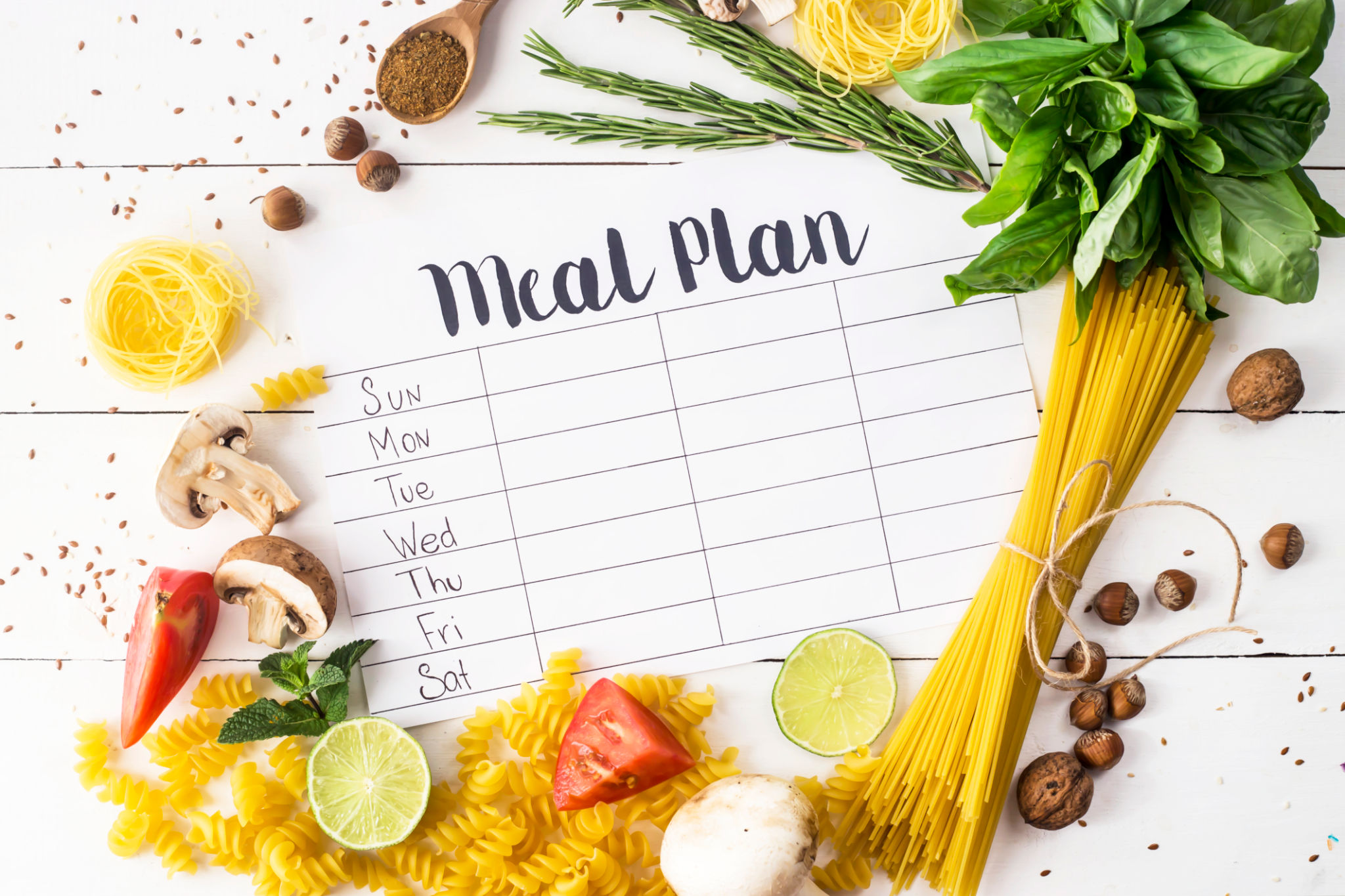Creating the Perfect Custom Meal Plan for Your Lifestyle: Tips and Tricks
Understanding Your Nutritional Needs
Creating a custom meal plan tailored to your lifestyle starts with understanding your unique nutritional needs. Factors such as age, gender, weight, activity level, and specific health goals play crucial roles in determining what your body requires daily. Begin by assessing your caloric needs using online calculators or consulting with a nutritionist. Knowing your macronutrient ratios—carbohydrates, proteins, and fats—will also help in defining the right balance for you.
Another vital aspect is identifying any dietary restrictions or preferences. Are you a vegetarian, vegan, or following a specific diet like keto or paleo? Understanding these elements will ensure that your meal plan is not only healthy but also enjoyable and sustainable.

Setting Achievable Goals
Once you have a clear understanding of your nutritional requirements, the next step is to set realistic and achievable goals. Whether you're aiming to lose weight, gain muscle, or simply maintain a balanced diet, having clear objectives will guide your meal planning process. Setting short-term and long-term goals can keep you motivated and focused.
Consider keeping a food journal to track your eating habits and progress. This will give you insights into what works and what doesn’t, allowing you to make necessary adjustments along the way. Remember, flexibility is key to a successful meal plan.

Crafting a Balanced Meal Plan
With your goals in place, it's time to craft a balanced meal plan. Start by planning meals around whole foods like fruits, vegetables, lean proteins, whole grains, and healthy fats. These foods provide essential nutrients and help keep you full longer. Aim for variety to ensure you're getting a wide spectrum of nutrients.
A good strategy is to plan your meals weekly. Create a list of recipes or meals that align with your nutritional needs and preferences. Don't forget to account for snacks; having healthy options on hand can prevent unhealthy choices throughout the day.

Meal Prep for Success
Meal prepping can be a game-changer for sticking to your custom meal plan. Dedicate some time during the week to prepare meals in advance, which can save time and reduce stress during busy days. Consider batch cooking staples like grains, proteins, and veggies that can be mixed and matched to create different meals.
Investing in quality storage containers can keep your prepped meals fresh and make it easier to transport them if needed. This approach not only helps you stay on track but also reduces food waste and saves money.
Incorporating Flexibility
No meal plan is without its challenges. Life is unpredictable, and there will be times when sticking to your plan becomes difficult. Incorporating flexibility into your meal planning allows for occasional indulgences and adjustments without feeling guilty.
Plan for potential obstacles by having backup meals or snacks ready. Allow yourself the freedom to enjoy social events or special occasions without stressing over deviations from your plan. It's all about balance and maintaining a healthy relationship with food.

Regularly Reviewing and Adjusting Your Plan
Your body's needs can change over time due to various factors like changes in activity level, age, or health conditions. Regularly reviewing and adjusting your meal plan ensures it continues to meet your needs effectively. Pay attention to how your body responds to the plan—energy levels, mood, and physical changes are good indicators of whether the plan is working for you.
If you experience significant changes or new health concerns, consider consulting with a healthcare professional or nutritionist for personalized advice. Regular adjustments keep your meal plan relevant and effective.
Conclusion
Creating the perfect custom meal plan is a personal journey that requires understanding, planning, and flexibility. By taking the time to assess your nutritional needs, setting achievable goals, crafting balanced meals, and allowing for adjustments along the way, you can develop a plan that supports your lifestyle and health objectives. Remember that consistency is key, but being adaptable will help you sustain these habits over the long term.